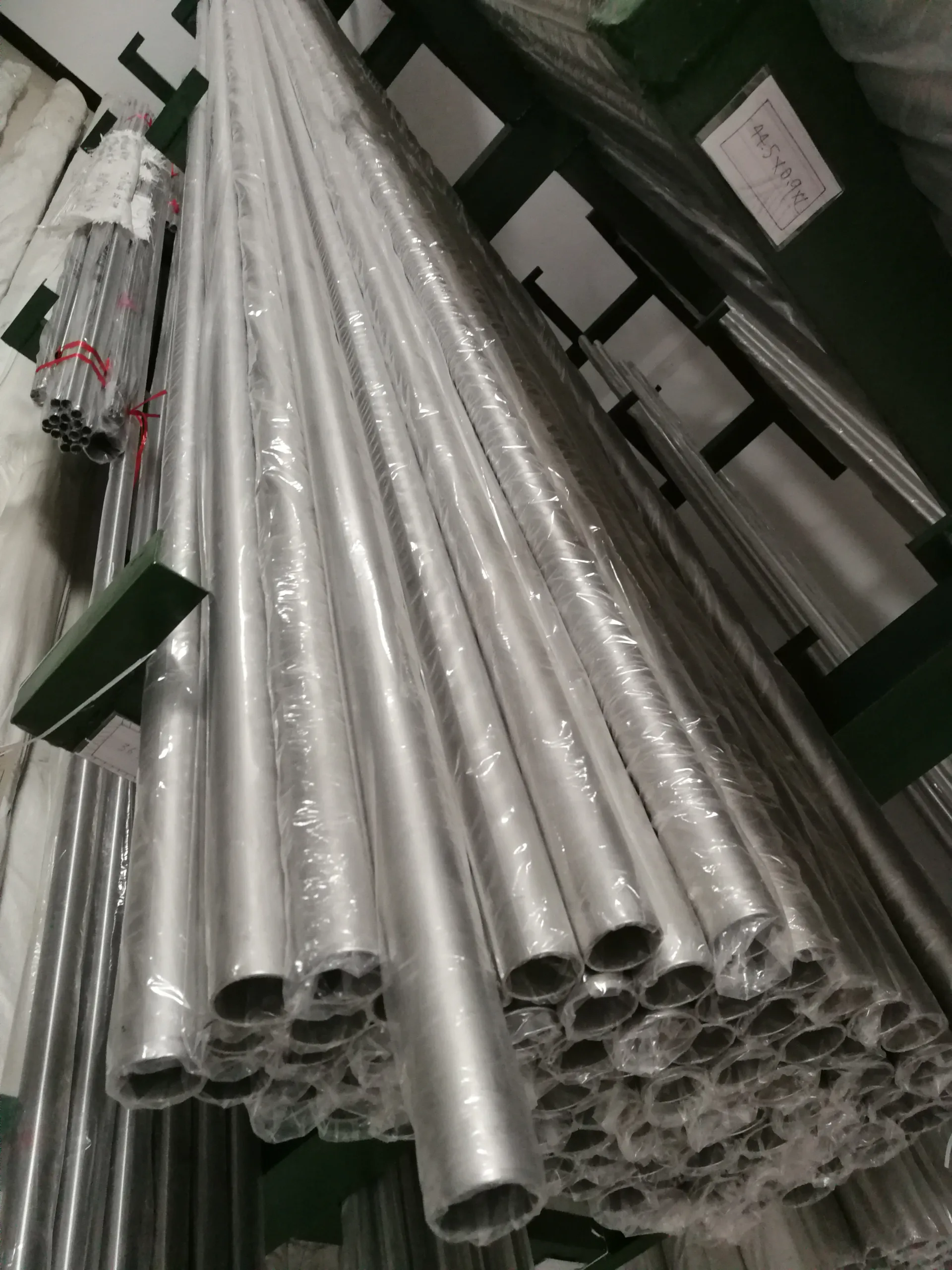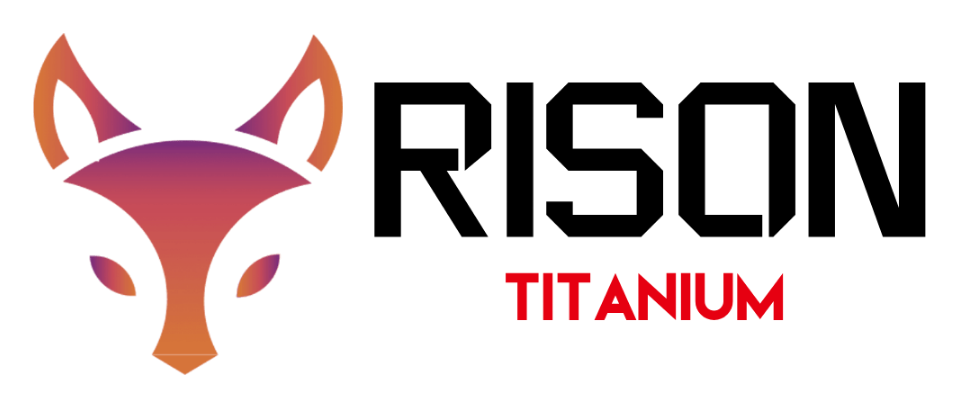
Titanium Grade Classifications
Titanium and its alloys can be classified into various grades based on composition, microstructure, and properties, primarily following international standards such as ASTM and AMS. Below are the common grade classifications and their characteristics:
I. Commercially Pure Titanium (Unalloyed Titanium)
Pure titanium is categorized by impurity content (e.g., oxygen, iron, nitrogen). Lower impurities improve ductility but reduce strength. Common grades include:
- Grade 1
- Characteristics: Lowest impurity content, highest ductility, and lowest strength (tensile strength ~240 MPa).
- Applications: Chemical processing equipment, desalination plants, architectural cladding.
- Grade 2
- Characteristics: The most widely used industrial pure titanium, balanced strength (tensile strength ~345 MPa), corrosion resistance, and formability.
- Applications: Heat exchangers, piping, medical implants.
- Grade 3 & 4
- Characteristics: Higher impurity content increases strength (Grade 4 tensile strength ~550 MPa) but reduces plasticity.
- Applications: Aerospace structures, high-pressure vessels.
II. Titanium Alloys
Titanium alloys are divided into three types based on microstructure: α, β, and α+β alloys.
1. α Alloys
- Characteristics: Dominated by α-stabilizers (e.g., aluminum, tin), offering excellent thermal stability and high-temperature performance but cannot be heat-treated for strengthening.
- Representative Grades:
- Ti-5Al-2.5Sn (Grade 6):
- High-temperature resistance (up to 480°C), used in aircraft compressor blades.
- Ti-5Al-2.5Sn (Grade 6):
2. β Alloys
- Characteristics: Contain β-stabilizers (e.g., molybdenum, vanadium), enabling high strength via solution aging, with excellent cold-forming properties.
- Representative Grades:
- Ti-15V-3Cr-3Sn-3Al (Grade 19):
- Used in aerospace fasteners, springs, and complex-shaped components.
- Beta-C (Ti-3Al-8V-6Cr-4Mo-4Zr):
- Ultra-high strength (tensile strength >1100 MPa), applied in racing components.
- Ti-15V-3Cr-3Sn-3Al (Grade 19):
3. α+β Alloys
- Characteristics: Combine α and β phases, allowing property adjustments via heat treatment for balanced performance.
- Representative Grades:
- Ti-6Al-4V (Grade 5):
- The most widely used titanium alloy (50%+ global usage), high strength (tensile strength ~895 MPa), for aerospace structures and medical prosthetics.
- Ti-6Al-2Sn-4Zr-2Mo (Grade 23):
- Improved Ti-6Al-4V ELI (Extra Low Interstitial), better biocompatibility for orthopedic implants.
- Ti-6Al-4V (Grade 5):
III. Specialty Titanium Alloys
- Corrosion-Resistant: E.g., Ti-0.2Pd (Grade 7, 11), with palladium enhancing acid resistance for chemical reactors.
- Flame-Resistant: E.g., Ti-40V (Alloy C in the U.S.), used in aircraft engine fire zones.
- Cryogenic: E.g., Ti-5Al-2.5Sn ELI, retains toughness at -253°C for liquid hydrogen tanks.
IV. Standard Systems
- ASTM (U.S.): Grades 1–39 distinguish pure titanium and alloys.
- GB/T (China): TA series (pure/α alloys), TB series (β alloys), TC series (α+β alloys).
- GOST (Russia): ВТ series (e.g., ВТ6 equivalent to Ti-6Al-4V).
V. Selection Criteria
- Strength: Pure Ti (Grade 1–4) < α+β alloys (Grade 5) < β alloys (Grade 19).
- Temperature Resistance: α alloys > α+β alloys > β alloys.
- Formability: Pure Ti (easy), β alloys (cold-workable), α+β alloys (require hot working).
By selecting appropriate grades, titanium materials are widely applied in aerospace, medical, marine, and chemical industries, achieving an optimal balance of lightweight design and corrosion resistance.
If you need to know more about Titanium Grade Classifications , pls feel free to click Here, Rison Titanium is a very professional company ,we are specialized in the production of Titanium more than 12 years. As well as we are the American Titanium Industry Association Member. Our taitanium bar Quality Inspected Before Shipping and our company Manufacture in Strictly Accordance with ISO9001:2015& AS 9100 :2018.

